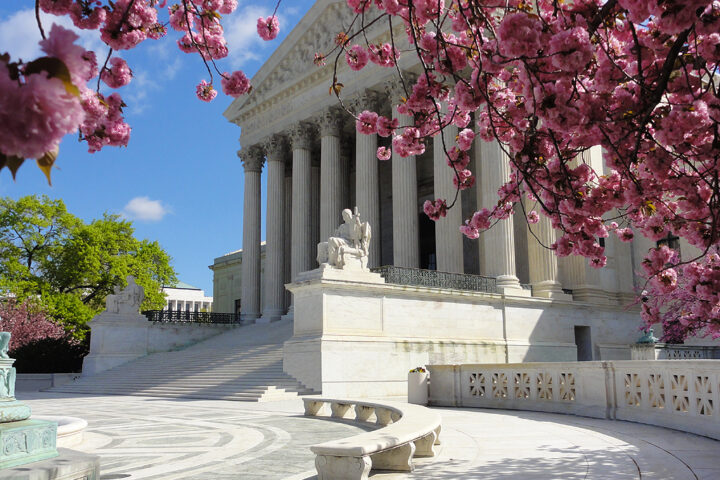Statistician Nate Silver has now reportedly predicted that Representative Alexandria Ocasio-Cortez (D-NY) is the most likely candidate for the Democratic presidential nomination in 2028.
In a recent video for his Silver Bulletin newsletter, Silver and former FiveThirtyEight podcast host Galen Druke discussed Ocasio-Cortez’s strong potential.
Druke noted that a recent Yale poll indicated Ocasio-Cortez has the highest net favorability rating among Democrats.
He emphasized her broad appeal within the party and her fervent support base, suggesting that her media presence will keep her in the spotlight during the primary process.
Silver agreed, highlighting her media savvy and progressive platform, which positions her advantageously in a competitive field.
Both commentators acknowledged uncertainty about whether Ocasio-Cortez will run but expressed confidence in her likelihood to enter the race.
Druke pointed to her recent political activities, including her “Fight Oligarchy” tour and effective messaging around economic issues, which resonate with voters.
He noted that her approach has shifted away from earlier unpopular positions, allowing her to focus on criticizing President Trump’s ties to wealthy elites.
For the second most likely nominee, Silver and Druke identified Pennsylvania Governor Josh Shapiro, with Druke naming former Vice President Kamala Harris as the third choice, while Silver opted for Senator Cory Booker (D-NJ).
Their analysis reflects a growing interest in Ocasio-Cortez as a leading figure in the Democratic Party, especially as the 2028 election approaches.
With her ability to engage the media and connect with voters, she could emerge as a significant contender in the upcoming primaries in spite of her far-left politics.
[READ MORE: Treasury Department Hits Cartel Drug Runners With New Sanctions]







